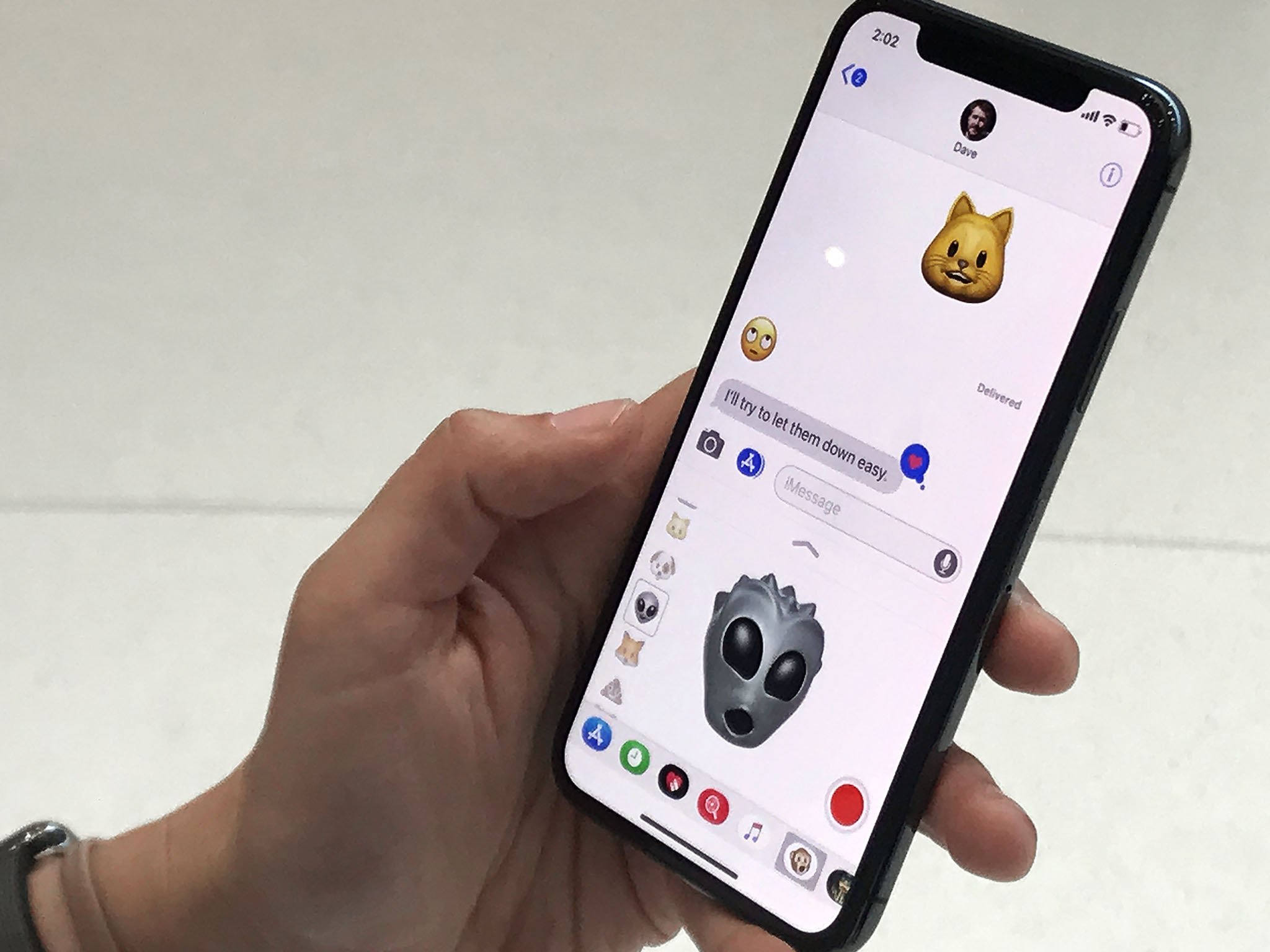Original iPhone reviewer Steven Levy just shared his thoughts on the iPhone X

iMore offers spot-on advice and guidance from our team of experts, with decades of Apple device experience to lean on. Learn more with iMore!
You are now subscribed
Your newsletter sign-up was successful
Ten years ago, Steven Levy was a part of the original pre-release review group for the first ever iPhone. Now, Apple has given him a review unit of its new flagship device — the iPhone X — to see how it stacks up against its ancestor with respect to revolutionizing the smartphone game. He's had the phone since last Tuesday, and he shared his first impressions of the company's latest milestone in a field report for Wired.
According to Levy, the biggest change as compared to other iPhone models was its already-infamous screen:
The iPhone X is a big screen in a compact form factor — Cinerama in a phone booth. Though the device itself is only slightly bigger than the standard iPhone 8, its screen is roughly the same size as that of the iPhone 8 Plus. When you take into account its "Super Retina" capabilities (another Barnum-esque name concocted by Apple's marketers), that screen will persistently reassure buyers that emptying their wallets for an iPhone X wasn't folly.
He goes on to say that due to the screen, he finds everything from watching films to streaming football games to scrolling through his Instagram feed to be "greatly pleasurable."
Levy also discussed the extremely polarizing notch at the top of the phone. Though he does note that it's a bit of a visual interruption and refers to it as Area 51, he says it's something that you eventually acclimate to through continued use of the device:
It's an aesthetic setback (what would Steve Jobs have said?), but you get used to it, like watching a play when someone with big hair is off-center in the row ahead of you—a tiny distraction in your peripheral vision that you eventually get past.
In addition to the notch, many consumers have expressed their discomfort with no longer having a home button to press in order to wake the phone as well as needing to use Face ID to unlock it. However, Levy states that after retraining your brain a bit, this definitely becomes a non-issue as well — in fact, the gestures became so second-nature to him that he attempted to use them on his iPad without thinking:
[The home button's] sudden removal is one of those jarring deletions that Apple is famous for, and it requires some relearning … I knew I'd mastered the gestures when I found myself trying to use them on my iPad. Oops. My finger no longer drifts to the home button, but pathetically swipes upwards, to no avail. And now there's that awkward moment when I expect the iPad to unlock itself when the camera looks at my face.
He also discussed the security of Face ID, saying that — just like Apple said — he couldn't fool it into unlocking, even with a photograph of himself:
I have thrust my phone into several people's faces — though considerably fewer than the million punims that Apple says I'd have to try before a false positive — and it has not fallen for any of them. I even offered up my own head shot to the camera: no go.
However, he does say that there were times with Face ID just didn't unlock his phone when he looked at it with his actual face, which Apple says could be due to the fact that he wasn't making what the iPhone X considers to be adequate eye contact. Though a bit annoying, this could actually be a good thing if you're worried about your phone unlocking every time you make a cursory glance in its direction.
iMore offers spot-on advice and guidance from our team of experts, with decades of Apple device experience to lean on. Learn more with iMore!
Overall, though Levy says that at the moment the iPhone X is really just a great upgrade to iPhone's family of smartphones, he does believe that it is a step toward making technology "truly invisible" — that is, making devices less physical and more ingrained into the fabric of our everyday life. To be honest, that sort of speculation terrifies me a bit, though I know there are many who find the prospect of barely-there tech both more accessible and more freeing. Just as Levy says in the closing of his review, we'll just have to wait and see what iPhone X is capable of in the future.
To read more about what Levy thought of the iPhone X, head over to Wired's article.
Tory Foulk is a writer at Mobile Nations. She lives at the intersection of technology and sorcery and enjoys radio, bees, and houses in small towns. When she isn't working on articles, you'll likely find her listening to her favorite podcasts in a carefully curated blanket nest. You can follow her on Twitter at @tsfoulk.

